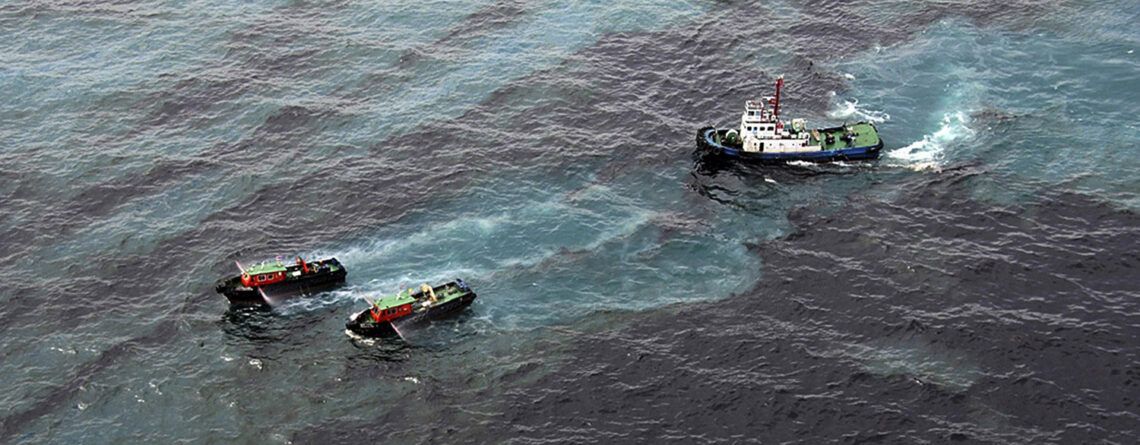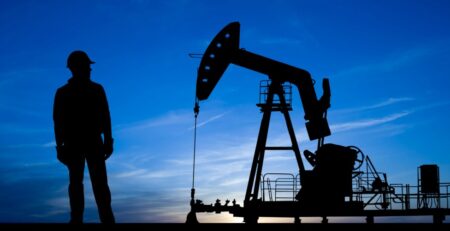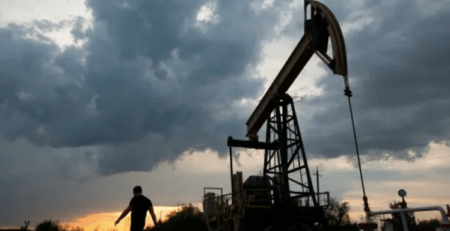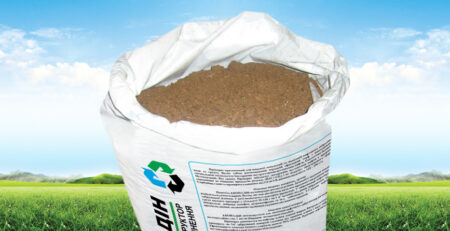Consequences of the oil spill
Oil spills often have enormous environmental consequences, both immediate and long-term. The effects of the oil spill have been felt for decades. Oil spilled from damaged pipelines, tankers and production units destroys everything that it “touches”. Oil is carried over the surface of the water for many kilometers, and when it reaches the coastline, it tightly clings to every stone and grain of sand on the beach. Due to oil pollution, all vegetation dies. For example, mangrove swamps, teeming with life and characterized by lush vegetation, disappear forever due to oil spills. Affected areas become unsuitable for wildlife.
Birds killed by spilled oil
The oil-stained bird is now a symbol of the environmental disaster caused by the oil spill. An oil leak, even small amounts, can be a death sentence for a huge number of birds. Some birds may sense danger and fly to safety, such as waders. But there are birds that live near water and feed exclusively on fish; leaving the expanse of water means death for them. An oil spill causes great damage to nesting, with serious consequences for many species. The recent oil spill in the Gulf of Mexico occurred during mating and nesting season. Already, scientists say that the consequences of the tragedy will be felt for several decades. An oil spill also affects migration by contaminating habitual stopping places for migratory birds.
Oil spills kill marine mammals
Spilled oil very often leads to the death of marine animals such as whales, dolphins, seals and sea otters. Sometimes oil clogs the whales’ air hole, which disrupts normal breathing and the ability to communicate. Oil-soaked otters’ fur loses its waterproofing ability, leading to hypothermia.
Oil spill kills fish
Oil is deadly for fish, mollusks and other marine life; eggs and larvae die especially quickly. During the oil spill in Alaska in 1989, millions of shellfish and shrimp, billions of salmon, herring and their caviar were killed in the first place. The population of these species in that region has not yet recovered. And once these places were commercial and were famous for their rich catch.












